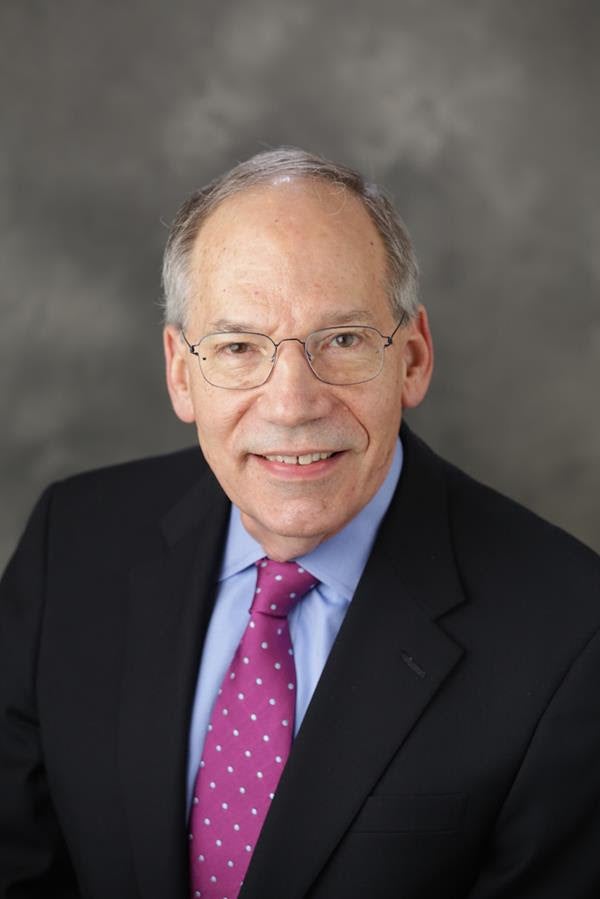US Supreme Court Healthcare Decision
What would happen if the U.S. Supreme Court issued a decision on King v. Burwell that ends health care subsidies for millions of residents? How would a decision that reinforced the Patient Protection and Affordable Care Act shift politics and affect coverage?
Contact: Emily Gersema, (213) 740-0252 or gersema@usc.edu
The U.S. Supreme Court is expected to issue a decision soon on King v. Burwell, a case that has challenged the federal government’s use of tax credits to subsidize healthcare in states that declined to set up their own insurance exchanges.
The outcome of this case is sure to have long-last effects on policymaking and on the current Patient Protection and Affordable Care Act, say experts at the University of Southern California’s Leonard D. Schaeffer Center for Health Policy and Economics.
Case hinges on a mistake
 If the federal government (Burwell) prevails: “After such an enormous amount of wasted energy and planning for contingencies, one thinks of what good might have come out of this. The best thing is that it got Republicans to think about how indeed they would expand coverage, which will lead to a bipartisan negotiation of fixes to the ACA in 2017.”
If the federal government (Burwell) prevails: “After such an enormous amount of wasted energy and planning for contingencies, one thinks of what good might have come out of this. The best thing is that it got Republicans to think about how indeed they would expand coverage, which will lead to a bipartisan negotiation of fixes to the ACA in 2017.”
If King prevails: “On the surface, this case was about a drafting error. But it is really about the instability of passing major social legislation without a bipartisan compromise. It is a sign of dysfunction in our political system that bipartisan compromise was not possible in 2009 and 2010. Hopefully, it would be possible now.”
Paul Ginsburg is the director of public policy for the USC Schaeffer Center for Health Policy and Economics in the Dornsife College of Letters, Arts and Sciences. He also holds the Norman Topping Chair in Medicine and Public Policy at the USC Sol Price School of Public Policy.
Contact: (202) 494-9399 or pginsbur@price.usc.edu
Coverage for millions hangs in the balance
 “If the courts ruled in favor of King, individuals and employers would become exempt from the law’s health insurance mandate and 250,000 employers in the states that don’t have state-run exchanges will face no obligation to provide health insurance coverage for 57 million people.”
“If the courts ruled in favor of King, individuals and employers would become exempt from the law’s health insurance mandate and 250,000 employers in the states that don’t have state-run exchanges will face no obligation to provide health insurance coverage for 57 million people.”
“At that point, given that health insurance companies are no longer allowed to experience-rate their premiums, health insurance plans in those states would go into a death spiral as premiums are raised and healthy people drop insurance coverage that they are no longer mandated to obtain.”
Joel Hay is a professor of pharmaceutical economics and policy at the USC Schaeffer Center for Health Policy and Economics and the USC School of Pharmacy.
Contact: (818) 338-5433 or jhay@usc.edu
Politics hinder other solutions
 “If the Supreme Court rules against the administration, the individual insurance market in states with federally-run marketplaces will most certainly fall apart without subsidies, resulting in millions losing insurance coverage.
“If the Supreme Court rules against the administration, the individual insurance market in states with federally-run marketplaces will most certainly fall apart without subsidies, resulting in millions losing insurance coverage.
“Certain justices may suggest that Congress should fix the ‘mistake’ in the law, with the intention that it would be better for the country to move forward with a more unified support of such a large scale health reform. And in fact, there are state-based and federal remedies that may ameliorate the situation, but it is unlikely that the political will exists to bring them to fruition.”
Erin Trish is a postdoctoral research scholar at the Schaeffer Center.
Contact: (213) 821-6178 or etrish@healthpolicy.usc.edu



